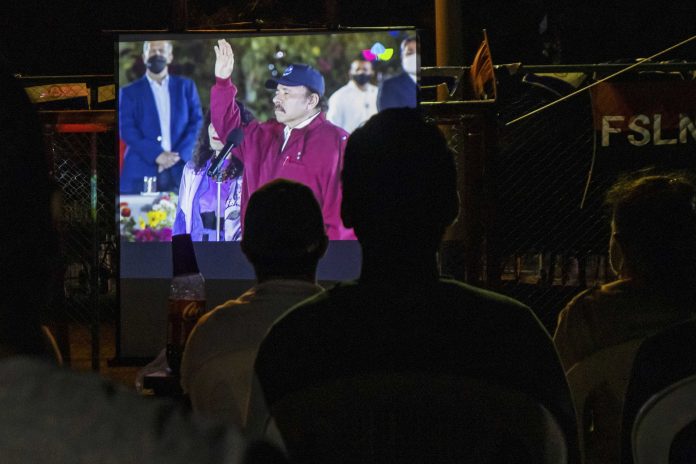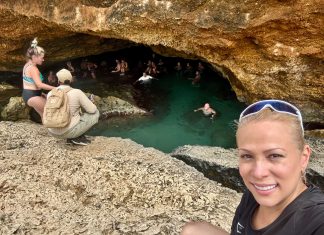
Associated Press
NEW YORK (AP) — Nicaragua’s ambassador to the Organization of the American States denounced his own government as a “dictatorship” on Wednesday in a dramatic break with the administration of President Daniel Ortega.
Arturo McFields said during an online meeting of the OAS that he was speaking on behalf of “more than 177 political prisoners and more than 350 people that have lost their lives in my country since 2018.”
He said he was frightened to speak against Ortega’s government, but said he “had to talk even if my future and that of my family is now uncertain.”
“To denounce the dictatorship of my country is not easy but to keep silent and to defend what is indefensible is impossible,” said McFields, who until now had defended Ortega’s government when it was criticized by members of the OAS.
The statement was praised by the U.S. delegate at the meeting, Bradley Freden, called McFields “a Nicaraguan patriot.”
“I hope that the government in Nicaragua is listening and takes away the right message: that if they continue down the same path, they cannot help but lose the support of their own people,” Freden said.
OAS Secretary-General Luis Almagro, a frequent critic of Ortega, sent a tweet saying he valued McFields’ courage, adding, “This is the ethically correct position.”
McFields, the first Afro-Nicaraguan to represent his country before the OAS, is a former journalist who had worked at Nicaragua’s embassy and its OAS mission — both in Washington — before presenting his credentials as ambassador on Nov. 5.
About two weeks later, Nicaraguan Foreign Minister Denis Moncada announced that the Central American nation would withdraw from the OAS, complaining of its “repeated acts of meddling” in Nicaragua.
Ortega was elected to a fourth consecutive term in Nov. 7 elections that were broadly criticized as a farce. Seven likely challengers to Ortega were arrested and jailed in the months prior to the election.
The OAS General Assembly had voted to condemn the elections, saying they “were not free, fair or transparent, and lack democratic legitimacy.”
















